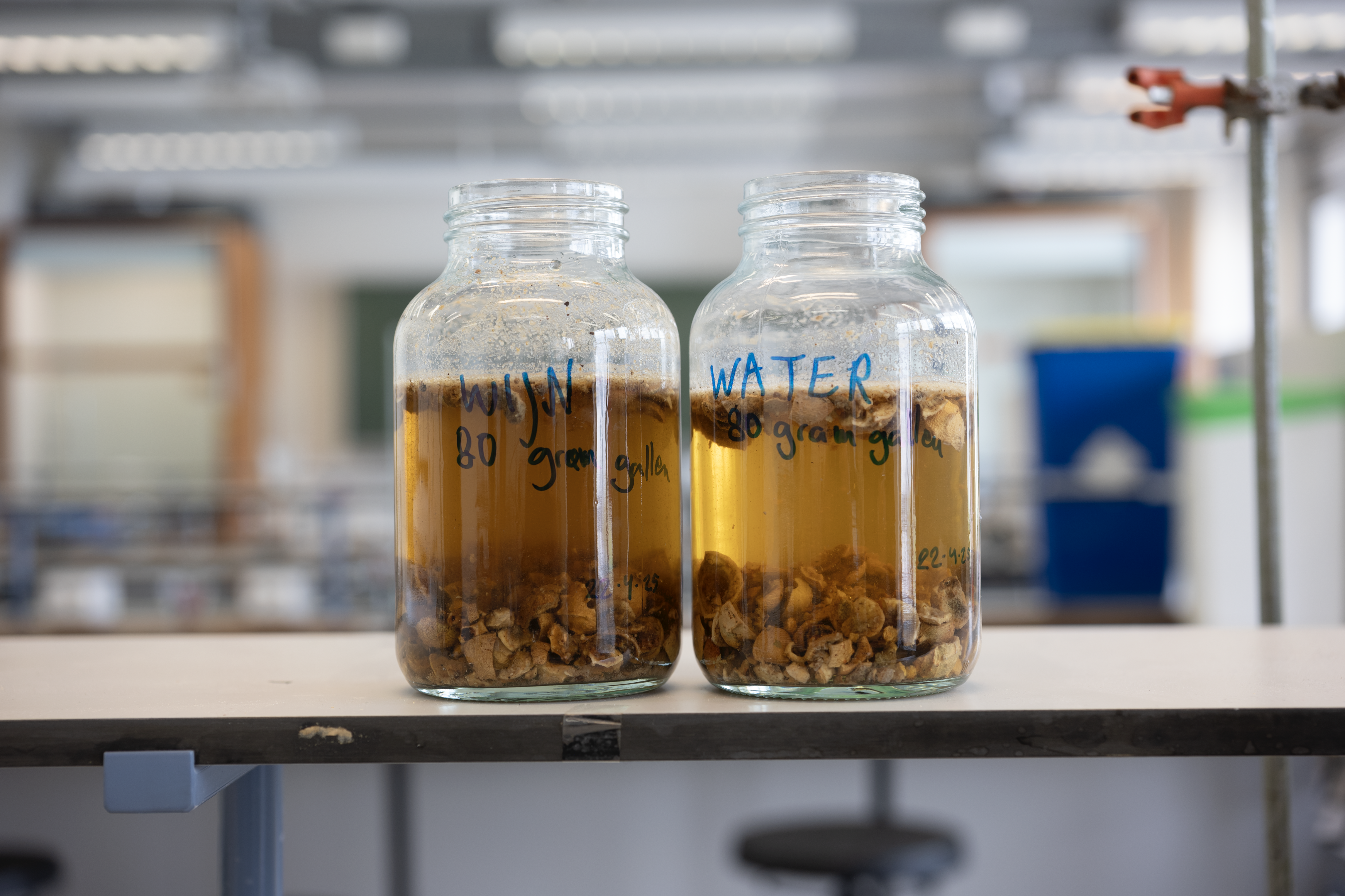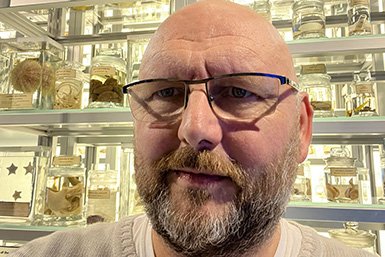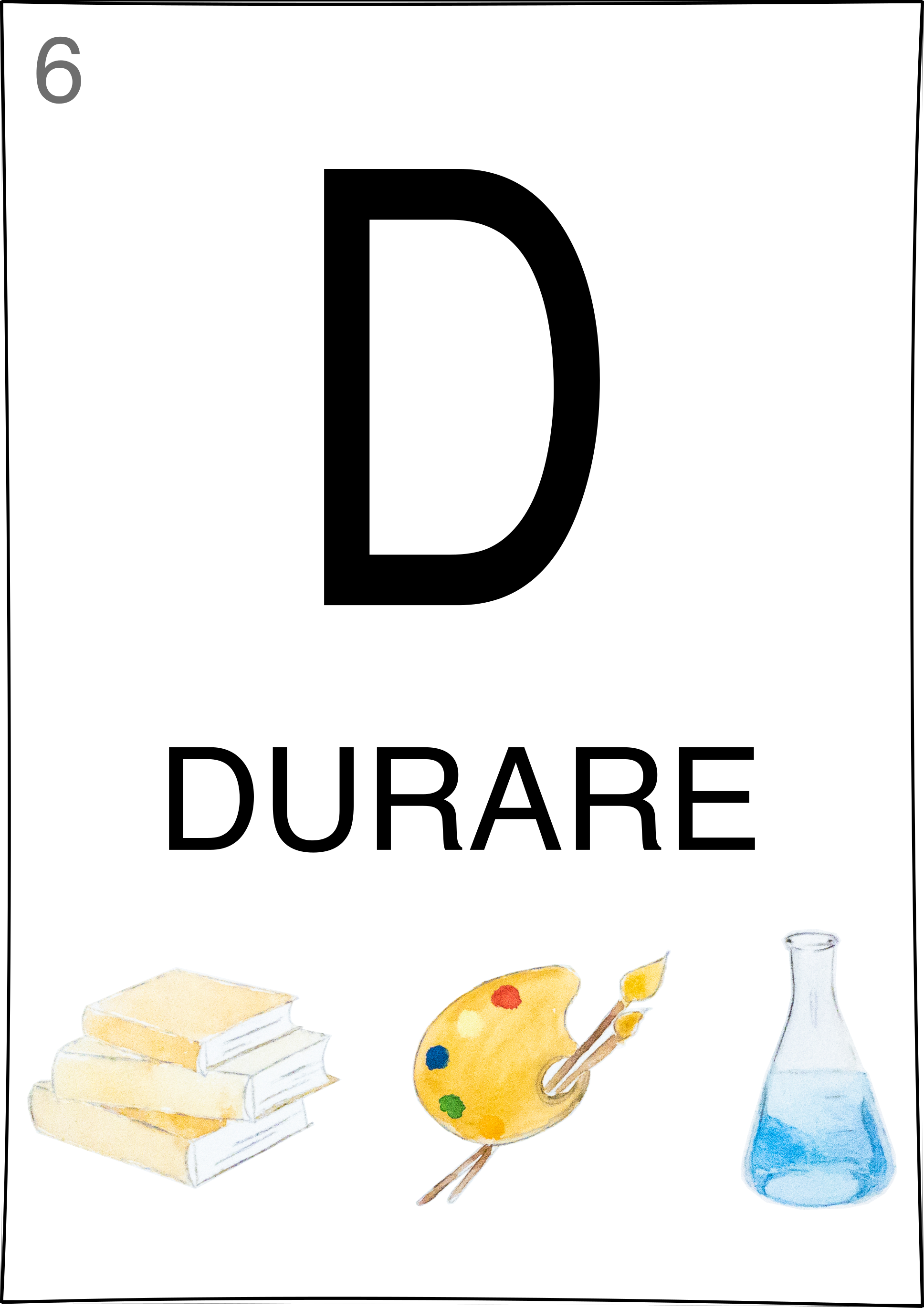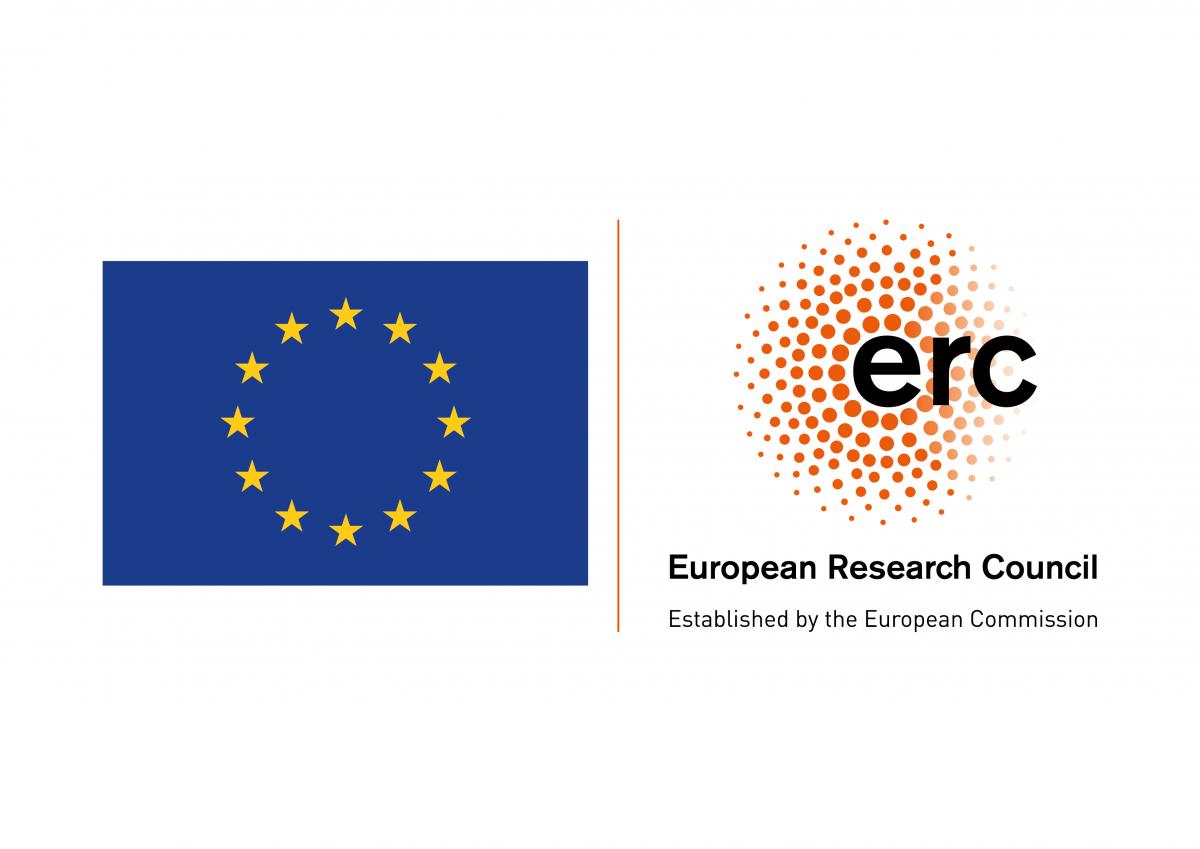Announcements
On Thursday 15 Mai, the DURARE project organizes a workshop in the ArtLab:
(ERASING) LASTING LETTERS: Remaking Premodern Recipes for Durable Inks.

Some medieval and early modern recipes claim to produce an ink that is more difficult to erase than other inks. A recipe for such a special ink, here associated with “writing books upon the sciences”, can be found in the manuscripts of Jehan le Begue, who compiled his collection of recipes in 1431 using a variety of existing recipe collections. The recipe for long-lasting ink was recorded by Johannes Alcherius during his travels in Italy (in 1409, according to a marginal note) and Alcherius, in turn, copied the ink recipe from a book he borrowed from an Italian monk. The ink in question is supposedly “good for writing books upon the sciences, because, when books are written with it, the letters do not fade, and can hardly be scraped out or discharged from parchment or paper.”
This practical recipe thus raises important questions around the material aspects of permanent knowledge and the materiality of knowledge transfer. In this joint hands-on experiment, we will compare two inks, one supposedly permanent and one easier to erase. We will test inks on different substrates and use medieval and early modern recipes to try to erase them. With its team of experts in medieval and early modern art and knowledge traditions, the workshop hopes to gain insight into the active aspects of erasing knowledge and the practicalities of its permanence.
—————————-
On Monday 30 November, the DURARE project Dynamics of the Durable: A History of Making Things Last in the Visual and Decorative Arts in collaboration with the Network for Environmental Humanities, will host a lecture by Peter Oakley (Royal College of Art), called Purity and Pollution.

Purity and Pollution: concerning gold technologies past and present
In the Western world gold’s identity is intimately entwined with notions of refinement and purity. Gold’s physical incorruptibility has provided the symbolism for cosmologies, social hierarchies, and a host of classical and biblical metaphors. Yet the extraction andrefinement of gold has always rested upon a range of technologies that are all, in one way or another, environmentally andecologically polluting. The transformation of gold ores into pure yellow metal has always entailed the periodic release of a legion of less desirable materials, including silt, mercury, cyanide, chlorine, and carbon dioxide. Over recent centuries, humanities growing capacity to disrupt ecosystems and physical environments has increasingly been put in the service of accumulating gold, often with catastrophic consequences. Gold’s financial liquidity has both facilited these events and identified a monetary equivalence for the contamination they engender. But the individuals and communities that pay the real price of gold are typically not those who reap the monetary rewards. Indeed, the cost is not only disproportionately borne by the most disenfranchised in any region’s population, but also by their descendants.
In its pure state gold is highly resistant to physical change, yet to reach this supposedly elevated position it comprehensively transforms the people and places around it. This presentation will consider how such influential non-human actors such as gold are able to exert such leverage and the problematic consequences of these dynamics of power.

Dr. Peter Oakley
Dr Peter Oakley specialises in research on materials, making and manufacturing.
Peter is Reader in Material Culture and Co-Lead of the Material Engagements Research Cluster (MERC) in the School of Arts and Humanities at the Royal College of Art. He specialises in ethnographic, experiential and object-based research, focusing on materials, making and manufacturing. His past research projects have explored the allure of prestige materials, the creation of specialist handcrafted products, the luxury goods sector, and the materiality of artworks.
Peter has worked in academia for nearly thirty years. During the 1990s, he taught on the ceramic courses at Camberwell College of Arts, De Montfort University, and the University of the Creative Arts. Subsequently, he became the Course Leader for the BA Applied Arts at Plymouth College of Art and Design (now Arts University Plymouth). In 2006 he joined the Southwest Lifelong Learning Network project as their Heritage and Cultural Tourism Specialist. Winning an AHRC Scholarship in 2008 enabled him to read for a PhD at UCL. Peter joined the Royal College of Art in 2012, initially as Research Leader for the School of Material. He transferred to the School of Arts & Humanities when it was created in 2017 and was awarded a Readership by the RCA in 2018. Peter has been Principal Investigator (PI) for two AHRC-funded projects and the Co-Investigator in three further AHRC awards, the UK Project Lead for an EACEA Creative Europe project, and the UK Participant Contact (Pa-Co) for a Horizon2020 project, as well as leading nine smaller funded projects.




 @erc_durare
@erc_durare